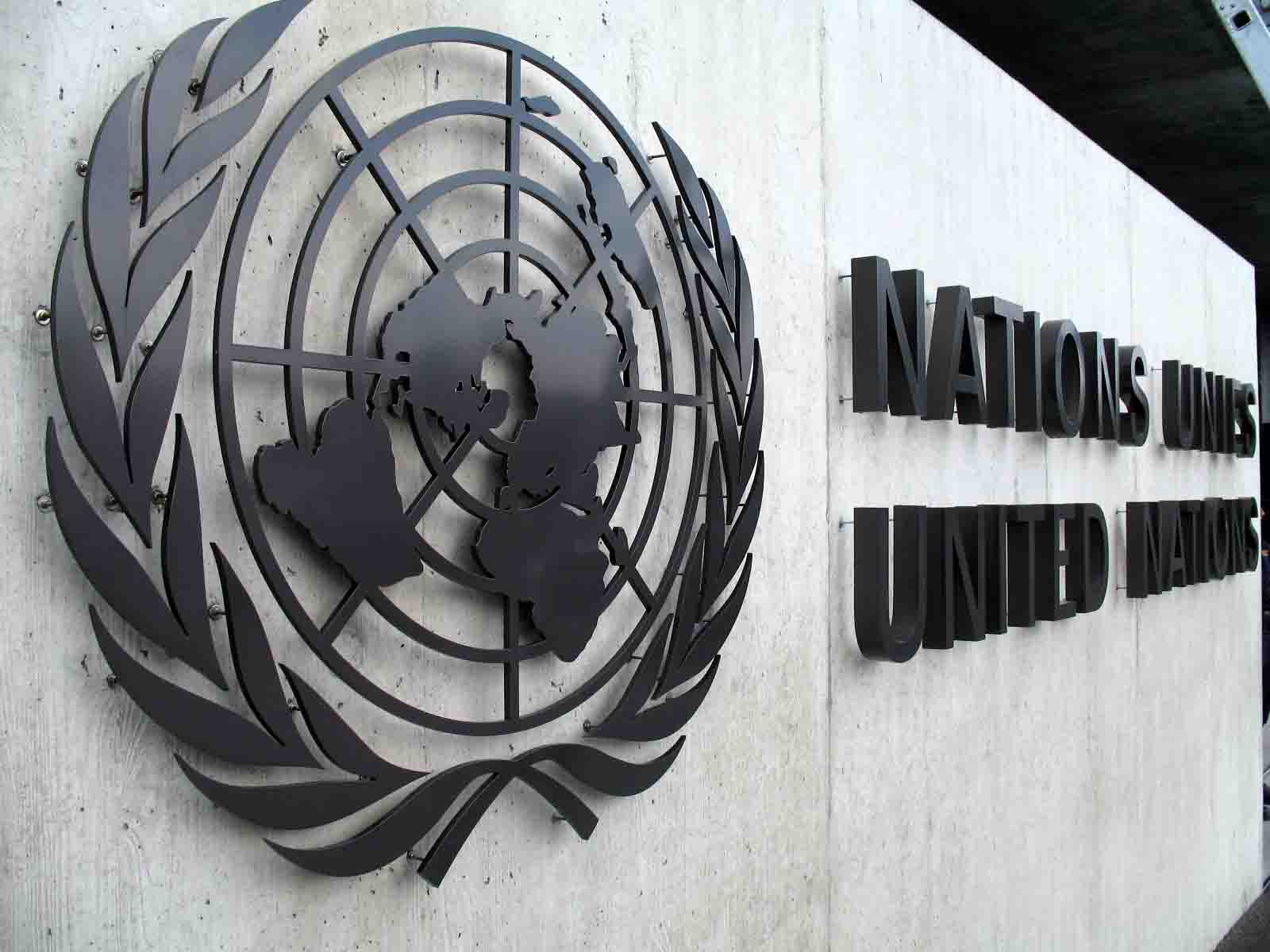
Wikimedia Commons
A team from Yale was one of four winners of the first-ever Data for Climate Action Challenge, a new United Nations contest that asks participants to use corporate data to perform research on climate change.
The United Nations Global Pulse, which hosted the challenge, partnered with around a dozen private firms to give researchers an unprecedented level of access to corporate data sets. Hundreds of teams submitted proposals seeking access to the data, but fewer than 100 were given access. Of the remaining teams, Data-Driven Yale, headed by Yale-NUS professor Angel Hsu and composed of masters students John Brandt FES ’19, Matt Moroney FES ’18 and Sophie Janaskie FES ’18, was awarded one of the four prizes and $4,000.
Data-Driven Yale’s research linked climate issues to urban air quality by examining the connection between air pollution and consumer credit card spending in Spain. For their work, the researchers won the award for connecting climate action to the UN’s sustainable development goals.
“One of the United Nation’s goals is to increase the usage of data in global policy making and that was really at the crux of our project,” Brandt explained. “[We] used a couple different data sets, with the primary goal of figuring out whether or not consumers changed their behavior and spending patterns when pollution is bad.”
The team looked at more than 150 million anonymous credit card transactions in Spain and compared these with air quality data from the European Commission. They also accounted for factors like weather, day of the week, elevation and time of year.
What they found was that on days when pollution was 10 percent higher than average, consumer credit card spending decreased by between 33 million and 55 million euros per day, depending on the specific pollutant analyzed, Hsu said.
The researchers hope their data will provide world leaders with a more tangible cost of pollution.
“Typically, the costs of pollution are seen as health impacts and the costs associated with premature deaths, which are very abstract and difficult to understand,” Moroney explained. “We’re hoping this research can help give weight to arguments for an additional unaccounted cost of air pollution.”
The team was allotted seven minutes to present their research to government officials and business leaders during a conference in Bonn, Germany at which the awards were distributed. There, they highlighted the major effect that pollution can have on spending and their hope that this data would incentivize politicians to work toward cleaner air.
The idea for this research came in 2015 when Hsu moved to Singapore to teach at Yale-NUS. At the time, the city was suffering from particularly bad air pollution due to wildfires in Indonesia, and she noticed that many people, including her husband, were reluctant to go outside when the air quality was especially bad.
“That got me wondering if we can attempt to measure this microeconomic impact when you have short-term or acute air pollution events,” she explained.
She coined the term “micro-migrations” to refer to these small but significant changes people make in their day in response to changes in their environment.
Moving forward, the Yale researchers will seek access to spending data for other places such as Singapore and Beijing, where the problem of air pollution is much more severe than in Spain.
Proprietary data sets pose a major challenge to academic research, according to Brandt and Moroney. Much of the world’s best data is in the hands of private corporations that do not or cannot release data because of privacy concerns or to protect their businesses.
“Trying to learn, as researchers and academics, it’s a really huge difficulty when a lot of the interesting data today is created by and held by private companies,” Brandt said.
He added that much of the discussion among those gathered for the conference in Bonn centered on making “data sharing a part of corporate social responsibility.”
Brandt said he is optimistic about the future of data sharing.
“Generally, I think it’s amazing what can happen when private corporations do choose to share their data,” he said.
The United Nations Global Pulse was founded in 2009.
Niki Anderson | niki.anderson@yale.edu







